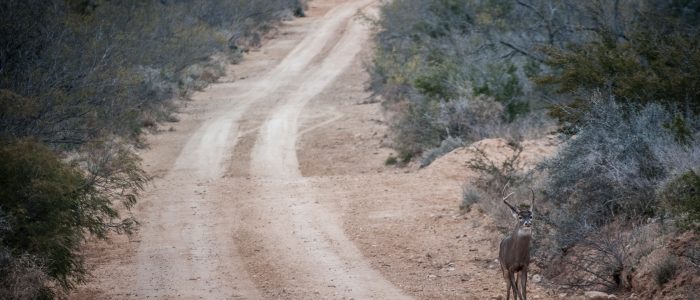
Let’s say you woke up one day and decided you wanted to go hunting for the first time. You’d run into quite a few hurdles, any one of which could completely derail your plan. You need a weapon you know how to use, you need to know what you’re hunting and where to do it, you need to know what to do when you’ve made your kill and on and on with all the details that unless you grew up hunting you probably haven’t even thought about.
Why would you want to learn to hunt in the first place? Read this first. I’m going to have a few more pieces on this topic coming up as well.
In any case, maybe you just want to experience a hunt once, so you understand what goes into it and where meat comes from when it’s not raised for slaughter. Maybe you’re like my friend Aron who doesn’t eat meat that he hasn’t hunted, or hasn’t come from his butcher shop (where he has a deep relationship with the farmers who raise the meat ethically.) Or maybe you just want to put at least some ethically acquired meat in your freezer a few times a year.
Like any complex activity there is a lot to know, there’s a lot of variety in what you could know and how you could come to learn it, and there are very few right or wrong answers. I think it’s probably fair to say most hunters grow up with it and so they learn a lot over the course of many years without putting much thought into how they came to possess the knowledge. You’re probably going to have to be a bit more deliberate.
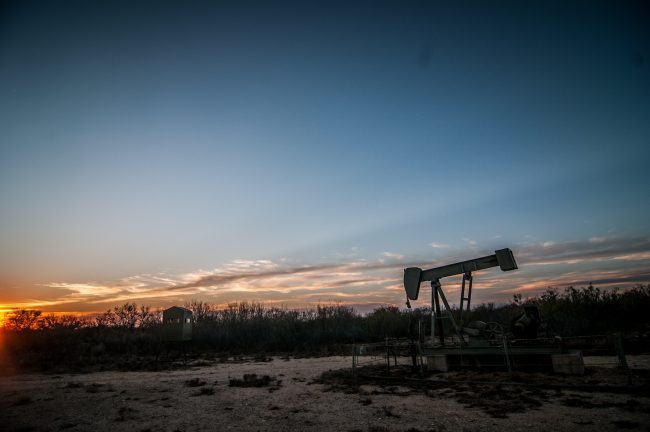
This isn’t a game of knowledge, such that you can acquire it the way you might collect facts or information. Being able to hunt successfully and ethically reflects a convergence of not only general knowledge, experience, and skill but also deeply local and specific experience and understanding, something the Greeks called mêtis. This kind of knowledge, for lack of a better term for it, can only be passed on through experience. All else being equal, if you’re primarily interested in deer hunting locally then a deer hunting trip in your local area with someone who has been hunting the area for decades is going to be more productive and useful than a hog hunting trip in another part of the country, which is going to be much more productive than virtually any amount of reading or watching videos.
As such, however you endeavor to learn to start hunting, the focus of your method should be to gain as much experience and applicable wisdom as possible.
What I’d like to do is lay out a process you could reasonably follow if you wanted to get into hunting. The paths you could follow are almost infinite, and it doesn’t do any good to be exhaustive at the expense of being actionable. Instead, I’m going to describe a combination of what got me into hunting as well as what I think you should do to cover the basics to get you started.
I very much did not grow up hunting, although I did get out occasionally when I was a kid pheasant and duck hunting. For all intents and purposes, I didn’t get my start actually hunting until much later, as an adult, about 6 years ago.
I’m going to give you a massive shortcut to increasing your hunting knowledge, but there’s one part of the equation that you can’t as easily shortcut.
You’re going to need a weapon, and you need to be able to use it well. More than likely that weapon is going to be a firearm, either a rifle or shotgun, unless you have some mad archery skills in your back pocket. If so, kudos. Without going too far into hunting ethics suffice to say you need to be able to shoot your firearm accurately, out to about a hundred yards. This is something that with dedicated practice you can become proficient in just a few months, but it’s absolutely necessary and you can’t hack it or skip it.
Simplest way to accomplish this? Go to your local gun shop and buy a scoped bolt-action rifle chambered in .308 and a bunch of high quality ammo. Find a public range, and start practicing. When you can put your first round in a 3 inch circle at hundred yards, you should be pretty good to go.
This next part is the shortcut and is going to compress a ton of learning into a short amount of time. Let me tell you how I got started hunting.
In 2013 my now good friend Aron Woolman was an online coaching client I had been working with for a year or two at the time. He is one of the main people behind the Silent Warrior Foundation and in that capacity was organizing a charity hog hunt for a small group of current and former special operations guys and some invited civilians. Aron invited me and it wasn’t an opportunity I was going to pass up. I’ve since gone every year, this will be my 6th.
That first year was my first time out hunting since I was a kid, and my first time ever hunting any kind of big game – pigs, deer, etc. Each year I’d pick up more knowledge and skill that I could go back home and do more hunting on my own with.
So let’s look at why going on an organized hunt (charity or otherwise) makes the most sense to shorten your hunting learning curve.
One of the biggest hurdles you’ll run into as a new hunter is that you need to know where to hunt, and to have access to that land. Depending on which state you live in you may have access to millions of acres of public lands, but the catch with those is you have no idea how many other people are hunting on them or what kind of game you can expect. This is why many serious hunters have access rights to land that has been passed down to them over generations, or lease rights to land they know is going to be good for hunting.
Going on an organized or guided hunt ensures that you’re hunting legally on what is most likely fertile ground.
Having gained access to good hunting land, you are going to need to spend some time scouting looking for game trails and understanding where you’re going to want to actually hunt. You could be on a hundred fenced-in acres of land and still not see a single animal stir if you’re not along a path or near a source of water or food. Scouting a vital part of hunting that you’ll have to learn – but is great to have an experienced guide do it for you at first.
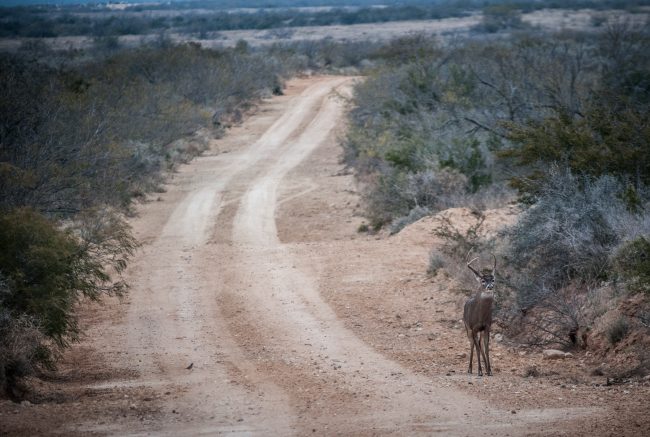
Fast forward to the moment you’re sitting in your blind, or tree, or you’re quietly stalking through the woods and you spot something. It’s a deer! Should you shoot it?
Well now that entirely depends. Hopefully you’re aware of what the laws are where you’re hunting and you know if you can shoot a buck, or a doe, or a spike, or a forky. Assuming you know what is fair game and what isn’t, can you successfully identify your target? It’s a bad deal to shoot a buck whose antlers are just barely poking through (a button buck) or perhaps not at all so you think it’s a doe. Having an experienced guide along, or at least having briefed you thoroughly ahead of time is invaluable.
I’ll give an example from my own experience. On my first hog hunt the guides briefed us extensively on the difference between a Javelina and a hog. A Javelina, or bearded peccary, for the uninitiated, is a pig-like-creature that is not exactly a pig or at least not the kind you usually want to hunt. The problem is they look exactly like pigs, even more so in the dawn and dusk hours that you’re most likely to be staring down the scope of a rifle at trying to identify. They’re considered pests, but for some inexplicable reason some ranch owners don’t want them shot.
Guess what I did my first hunt?
Shot a javelina, of course.
Mistakes happen, but it’s always better to avoid them. I did exactly what you’d expect an inexperienced hunter to do, I got excited, I thought I knew what I was looking at and I decided to go for it.
(For the record I also shot a massive wild boar that is still the talk of the hunt six years on, okay?)
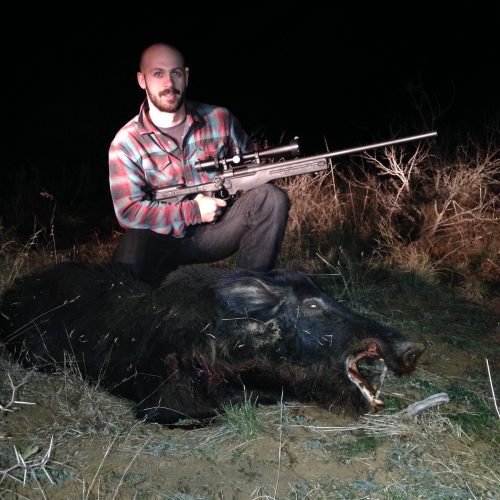
Now that you’ve found a place to hunt, scouted it, set yourself up on some fair game, and pulled the trigger, you’ve got a carcass you need to clean.
YouTube is a great resource for this, there are dozens and dozens of videos on how to field dress every animal imaginable, but having an experienced guide take you through the cleaning is worth at least part of the price of admission.
Having done that, you will have completed a successful hunt. I learned so much on my first outing at the charity hog hunt that I was able to go back home and start hunting on my own.
By no means am I saying you have to go on an expensive 5-day long guided hunt that raises a ton of money for charity – of course this is going to be one of the most expensive options.
But, looking around for guided or otherwise organized hunting options is going to shorten your learning curve substantially, especially if you do so in your area. A lot of the most applicable and useful hunting knowledge is going to be deeply local and specific to what you’re hunting and where you’re hunting it. The broad strokes are always useful, but if you can be taken on a deer hunt by someone who has hunted deer on the same property or land for 50 years you are going to be acquiring a depth of knowledge that simply can’t be touched by someone who hasn’t done exactly that, exactly there.
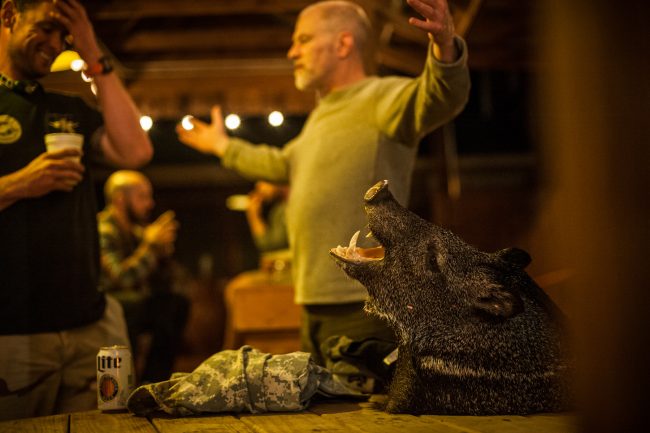
One final point on this. Even if I could write the mega-article to end all articles that would impart every single thing you’d need to know so that you could just waltz into the woods and walk out in a few minutes with your kill, you wouldn’t want that. A big part of the entire point of hunting is the process, the intimacy with which you connect with your environment and your quarry as you gain that mêtis that is un-obtainable through any other mechanism.
Whatever individual reasons you might have for wanting to explore hunting, I’d encourage you to pursue it. What you’ll get back from it, regardless of whether or not you ever fill your freezer, will be worth your time many times over.
[📸: The one and only Jason Albus.]

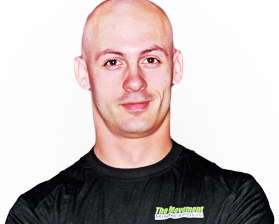
Leave a Reply